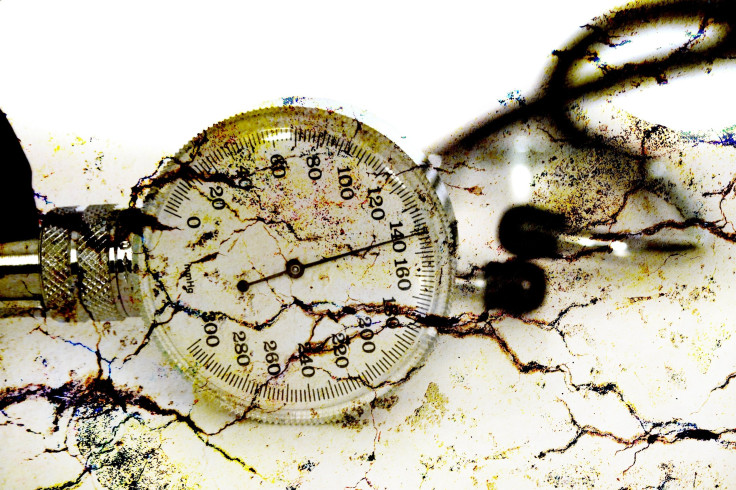High Blood Pressure Deaths On The Rise In US; DASH Diet May Help Save Lives

Bad diet, stress, and a sedentary lifestyle could be a dangerous recipe for blood pressure, and it’s killing more people than ever before. The blood pressure death toll has increased by 23 percent since 2000, according to a new report released by the Centers for Disease Control and Prevention (CDC).
"High blood pressure is a leading cause of heart attack, heart failure, stroke, kidney failure, and premature heart-related death," the study’s Dr. Gregg Fonarow, a professor of cardiology at the University of California, Los Angeles, said in a press release. "High-quality blood pressure management is complex and requires the engagement of patients, families, doctors, the health care systems and communities. There is a critical need to facilitate and incentivize improvement in blood pressure control and heart health, as well as provide optimal patient care."
Fonarow along with coauthor Kung Hsiang-Ching Kung, a statistician with CDC's National Center for Health Statistics, analyzed blood pressure readings taken between 2000 and 2013, and found the death rate rose over 58 percent for men ages 45 to 64. Women in the same age range saw a rise in death rate, which increased to nearly 37 percent. Kung said he doesn’t know why the trends are increasing. Instead, the only logical explanation would be the rise in blood pressure severity, strokes, and heart attacks that could have been prevented, and poor intervention procedures, as Fonarow noted. Death from any other cause had the exact opposite effect as high blood pressure, and dropped by 21 percent.
"The age-adjusted deaths from high blood pressure went up, while the other causes of death went down," Kung said. "The disparity is narrowing, but more studies are needed to see why that's the case."
More than 80 million American adults have high blood pressure, also known as hypertension, according the American Heart Association. The constant force of blood flow is often so high it can stretch the tissue that makes up your artery walls, which is when damage can occur. While new intervention approaches are in the process of being designed to lower the severity of blood pressure and decrease hypertension rates, cardiologists still fall back onto diet as the first step of treatment.
The Dietary Approaches to Stop Hypertension, better known as the DASH diet, are set up for long-term care and not just a short-term fix to a serious health condition. The diet encourages consumers to choose low-sodium products, ease up on sprinkling salt on your eggs, but incorporate more vegetables, fruit, fish, poultry, nuts, and low-fat dairy foods. Sound familiar? That’s because DASH resembles the classic Mediterranean diet, full of a wide variety of healthy foods. Over time, your systolic (top number, which measures the pressure of a contracting heart) blood pressure could drop by 7 to 12 points, making a significant difference in your overall health risks, according to Mayo Clinic.
“Heart disease and stroke are silent killers — on a mass scale. Cardiovascular disease kills more people around the world than all infectious diseases combined,” CDC Director Tom Frieden said. “Hypertension is a major contributor to cardiovascular disease and the question is not whether treatment of hypertension should be undertaken on a global scale, but how quickly effective programs can be established.”
Source: Kung HC and Fonarow G. Hypertension-related Mortality in the United States, 2000-2013. Centers for Disease Control and Prevention 2015 Report. 2015.



























